When people think of African cuisine, Mozambique might not be the first country that comes to mind. But nestled along the southeastern coast of the continent, this vibrant nation offers a culinary experience that's rich, spicy, and deeply rooted in both African and Portuguese traditions.
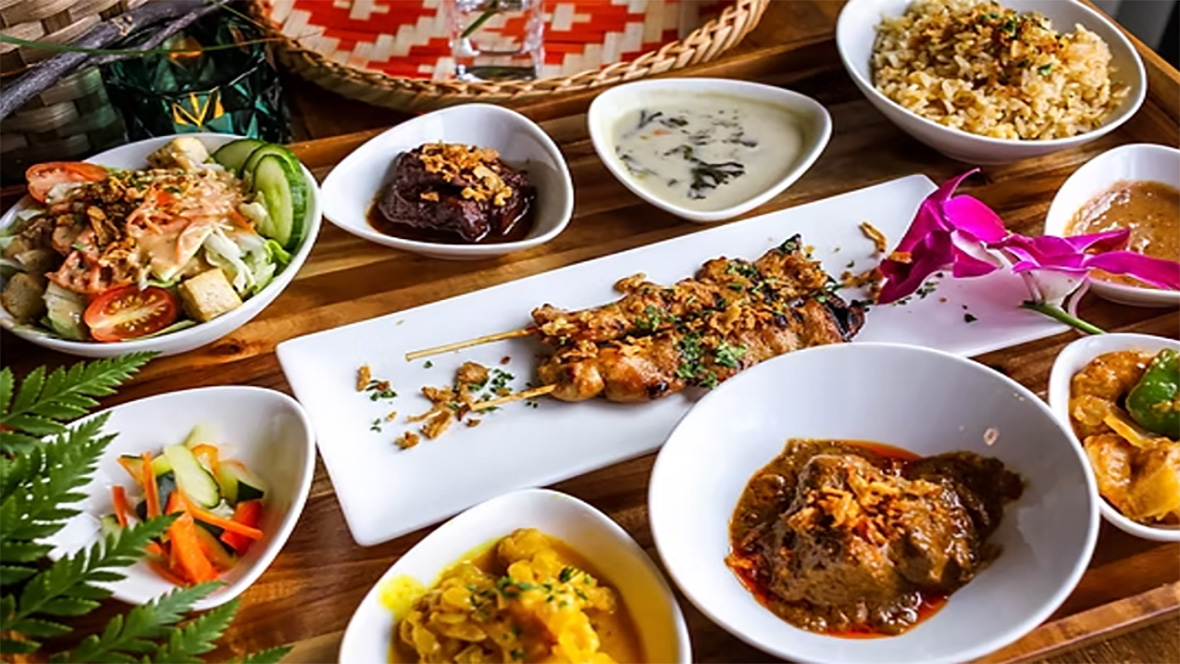
Mozambique's food is a beautiful reflection of its history, geography, and cultural diversity. From the Indian Ocean’s bounty to the hearty stews of the interior, Mozambican cuisine tells a story of survival, celebration, and community.
A Fusion of Flavors: The Portuguese Legacy
Mozambique was a Portuguese colony for over four centuries, and that influence is unmistakable in its cuisine. Dishes often blend African ingredients like cassava, peanuts, and maize with Portuguese techniques and seasonings such as garlic, olive oil, and vinegar.
The crown jewel of this fusion? Piri Piri Chicken – marinated in a fiery chili sauce and grilled to smoky perfection. Piri Piri (or Peri Peri) refers to the small but potent chili that gives this dish its kick. It’s not just a meal – it’s an experience.
From the Sea: Coastal Delights
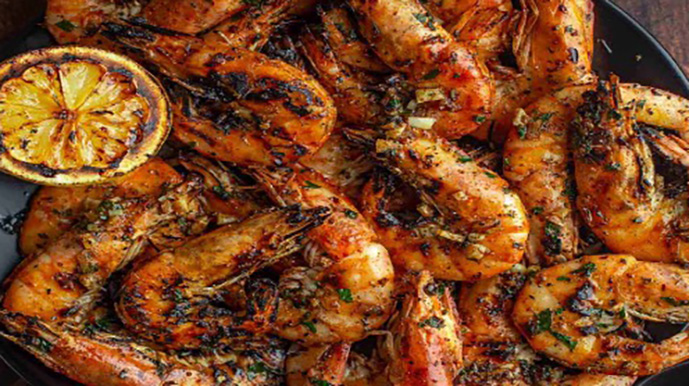
With over 2,400 kilometres of coastline, Mozambique is a seafood lover’s paradise. In towns like Maputo and Beira, the air is rich with the scent of grilled prawns, calamari, and lobster.
Matapa is a standout dish that showcases local ingenuity – a stew made from cassava leaves, ground peanuts, and coconut milk, often served with crab or prawns. It’s earthy, creamy, and comforting, with a subtle nutty flavour that lingers beautifully.
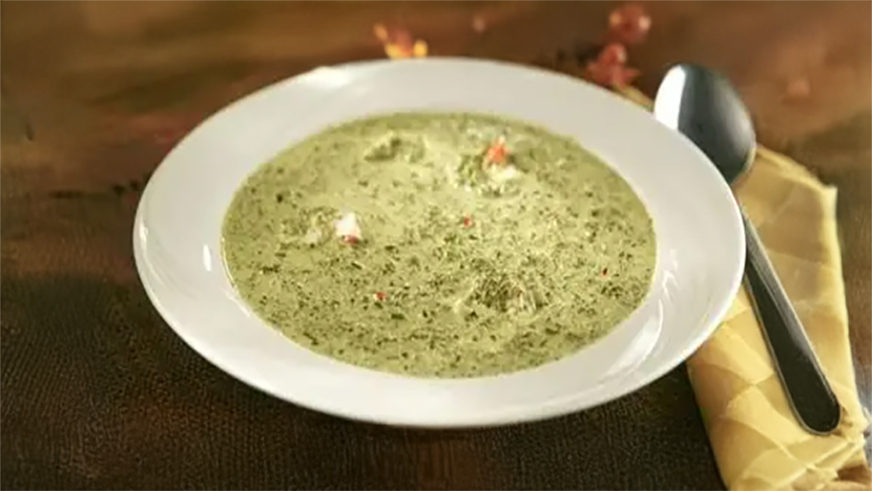
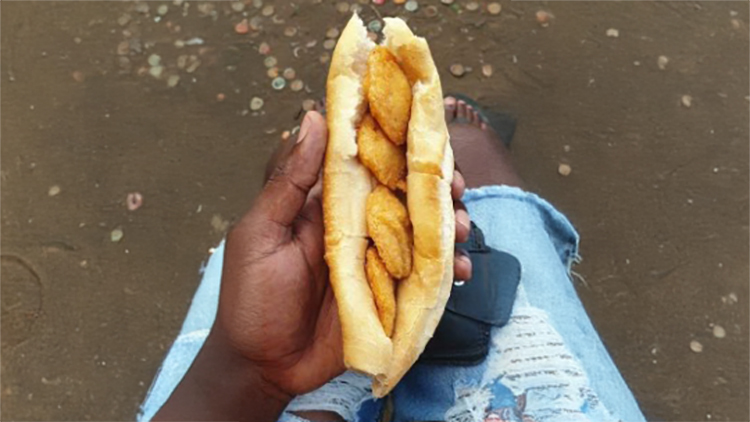
Inland, Mozambican dishes are simpler but no less flavourful. Staples include xima (a maize porridge like South Africa’s pap or Uganda’s posho) served with caril de amendoim (peanut curry) or feijão (beans in a savory sauce).
Street food also plays a big role – think pãozinho (Portuguese bread rolls), fried dough balls called badjia, and grilled corn with a touch of lime and chili. Pãozinho (Portuguese bread rolls), fried dough balls called badjia.
Local Ingredients, Global Inspiration
Mozambicans cook with what grows around them: cassava, coconut, bananas, mangoes, and cashew nuts. The use of coconut milk adds a tropical smoothness to many traditional dishes.
The cuisine is bold but balanced, spicy but soothing, and deeply satisfying. Every meal tells a story – of trade, of colonization, of resilience, and of celebration.
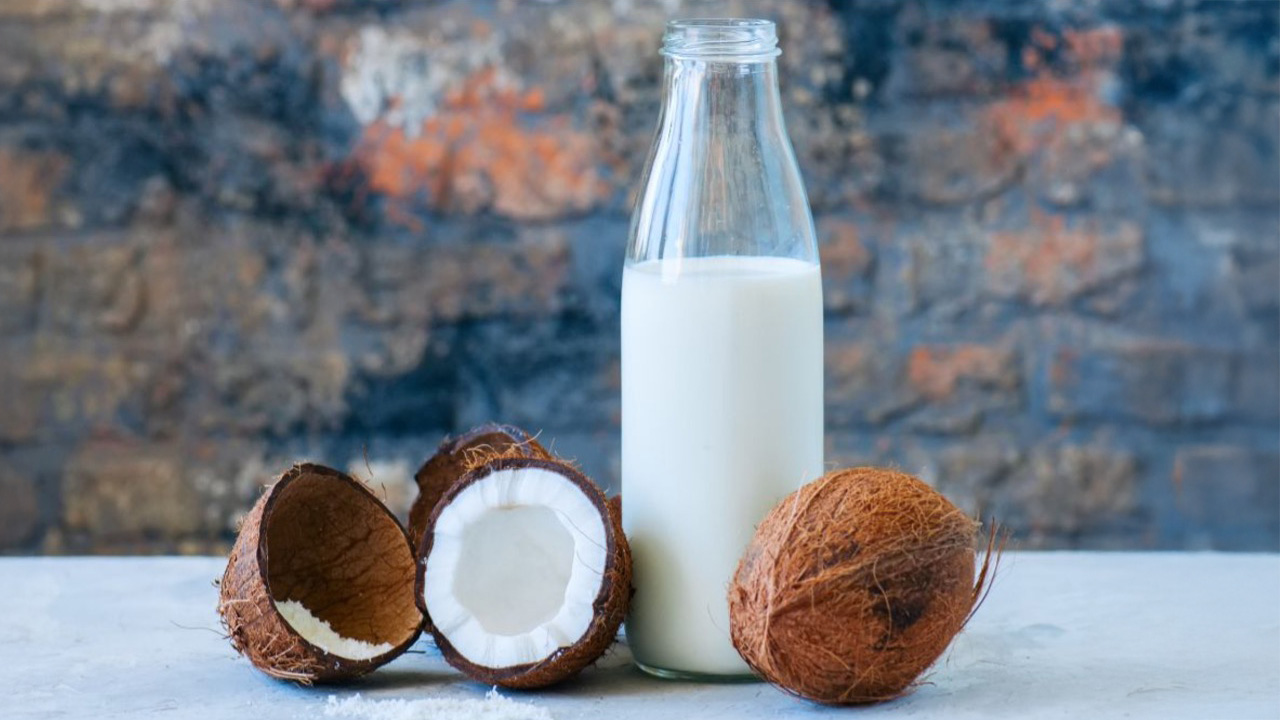
More Than Food: A Way of Life
In Mozambique, food isn’t just sustenance – it’s a social glue. Meals are shared with family, neighbours, and friends. They’re an expression of hospitality, identity, and pride.
If you're traveling through Africa and want a culinary adventure that’s both off-the-beaten-path and soul-stirring, Mozambique belongs on your map.
Ready to Try Mozambican Food?
Whether you're diving into spicy prawns on the beach in Vilankulos or savoring a homemade bowl of Matapa in the countryside, Mozambican food is an invitation to slow down, to taste deeply, and to connect with a truly unique African culture.
